The project "Raising Self-Awareness" is being implemented for the first time in Vietnam and is expected to help 10,000 secondary school students improve their self-esteem and confidence in their appearance regardless of height or weight.
On December 8 and 9, Unilever Vietnam and Dove brand in collaboration with the Vietnam Institute of Educational Sciences and the Center for Education and Development (CED) organized a training course for teachers from 5 secondary schools in Hanoi (Binh Minh Secondary School, Cao Vien Secondary School, Nam Tu Liem Secondary School, Dich Vong Secondary School and Educational Science Experimental Secondary School) on improving students' confidence in their appearance.
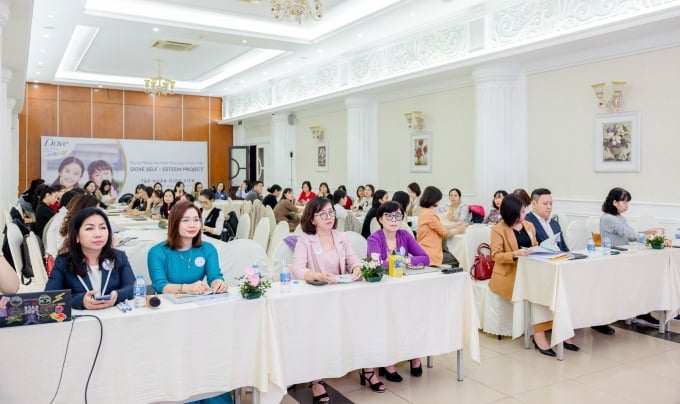
Panorama of the training class. Photo: Unilever Vietnam
The training session is part of the "Dove Self-Esteem Project" - a project that has been implemented in 153 countries around the world since 2004, and is being implemented for the first time in Vietnam.
At the event, Professor, Dr. Le Anh Vinh - Director of the Vietnam Institute of Educational Sciences (VNIES) said that educating children about their appearance is a practical content and in line with the overall goals of the new general education program. This program not only provides lectures and instructions for teachers on educating students to raise their self-esteem but also contributes to improving teachers' capacity to implement the 2018 education program, through active and creative educational activities in schools.
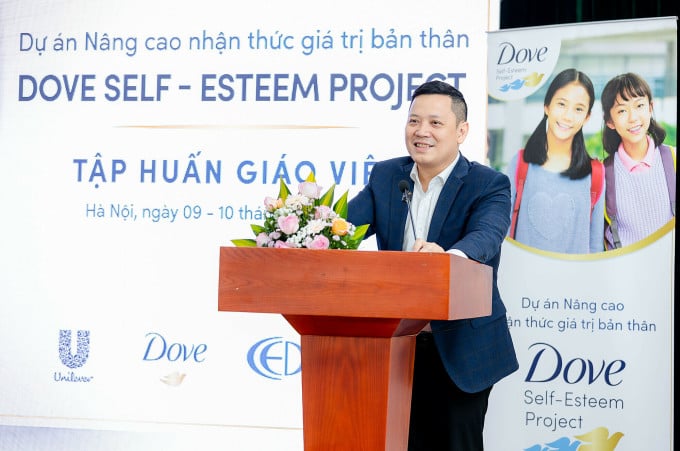
Professor, Dr. Le Anh Vinh - Director of Vietnam Institute of Educational Sciences (VNIES). Photo: Unilever Vietnam
On the side of Unilever Vietnam, Ms. Le Thi Hong Nhi - Director of Communications and Public Affairs of the group shared that Unilever is always steadfast on the journey of promoting gender equality, nurturing confidence and building a diverse and inclusive society. The project "Raising awareness of self-worth" contributes to encouraging women and girls to confidently celebrate their personal beauty, escape negative gender stereotypes and social pressure.
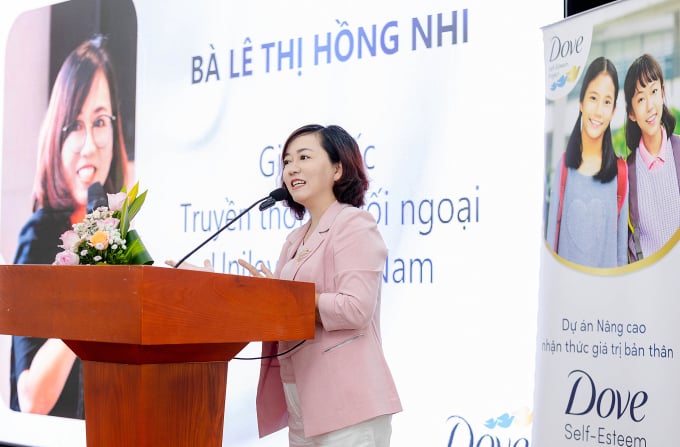
Ms. Le Thi Hong Nhi - Director of Communications and Public Affairs of Unilever Group. Photo: Unilever Vietnam
The Dove Self-Esteem Project is a global initiative by Dove, launched in 2004, to promote self-confidence, self-esteem, and self-awareness, especially among young girls. The project has been implemented in 153 countries, reaching 94 million young people through teachers, trainers, and experts.
In Vietnam, the project was piloted from September to January 2024. The project developed and localized a set of documents called "I am confident" and launched through 3 training courses conducted in December for 150 core teachers from 15 secondary schools in Hanoi, Khanh Hoa and Soc Trang provinces. It is expected that during the pilot phase, 10,000 secondary school students in the above 3 provinces and cities will be trained by the program.
The objective of the training courses is to help improve the capacity and skills of managers and teachers to effectively deploy the "I am confident" document set in schools as a supplementary learning resource for the content of the 2018 General Education program.
The "I Am Confident" series includes five lessons: ideal body image; media messaging; dealing with comparison; dismissing body image talk; and being a change agent. Each lesson consists of three parts: a teacher's guide, a student presentation, and a student activity sheet.
Lessons help children develop self-esteem and realize their worth, regardless of appearance, age or weight, they are free to develop and become the best version of themselves.
Global research shows that low body image is holding young people back from reaching their full potential, with over 80% of girls avoiding activities they enjoy because they are unhappy with their appearance. They avoid class debates, don’t want to join sports clubs and even don’t want to go to school ( The Dove Global Beauty and Confidence Report - 2016).
Educating children about their appearance helps them develop better psychologically, enhances their communication and cooperation skills, reduces the risk of being bullied at school or makes children feel self-conscious, not participating in activities, or even not wanting to go to school.
The Dan
Source link



![[Photo] Binh Thuan organizes many special festivals on the occasion of April 30 and May 1](https://vstatic.vietnam.vn/vietnam/resource/IMAGE/2025/5/1/5180af1d979642468ef6a3a9755d8d51)
![[Photo] Ha Giang: Many key projects under construction during the holiday season](https://vstatic.vietnam.vn/vietnam/resource/IMAGE/2025/5/1/8b8d87a9bd9b4d279bf5c1f71c030dec)
![[Photo] "Lovely" moments on the 30/4 holiday](https://vstatic.vietnam.vn/vietnam/resource/IMAGE/2025/5/1/26d5d698f36b498287397db9e2f9d16c)




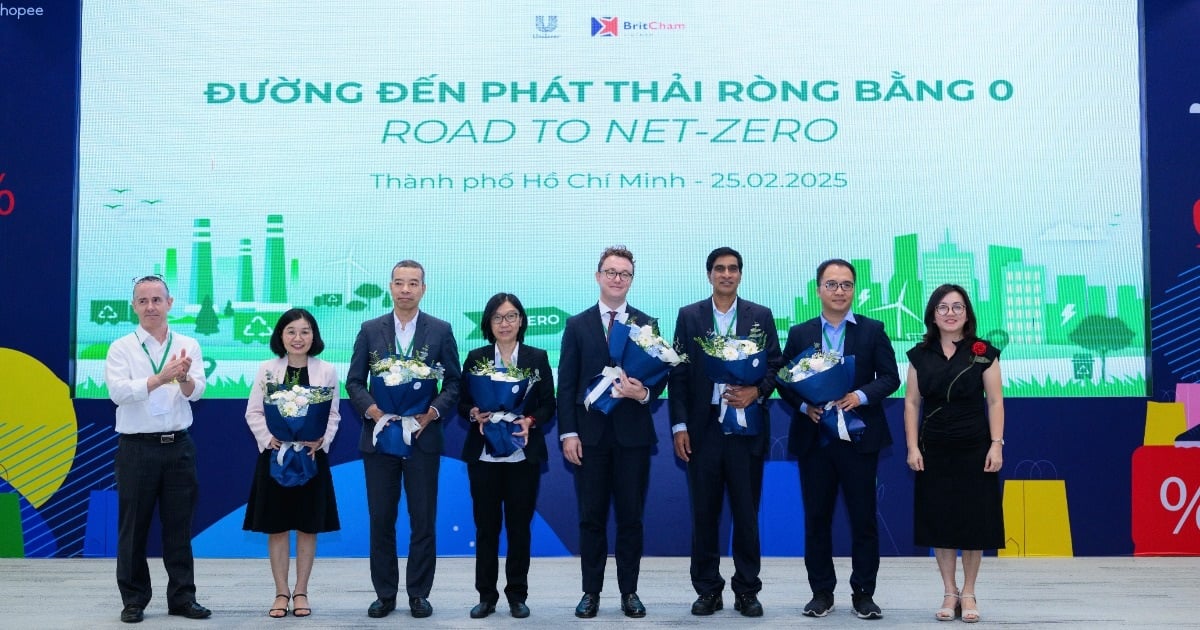





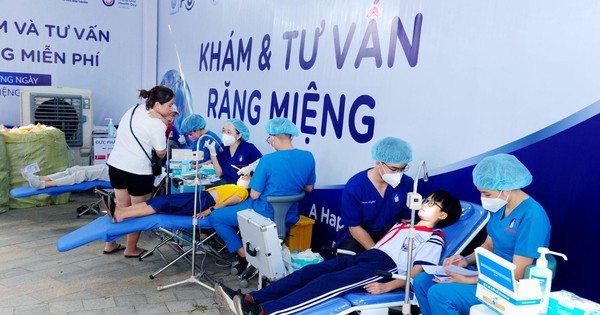


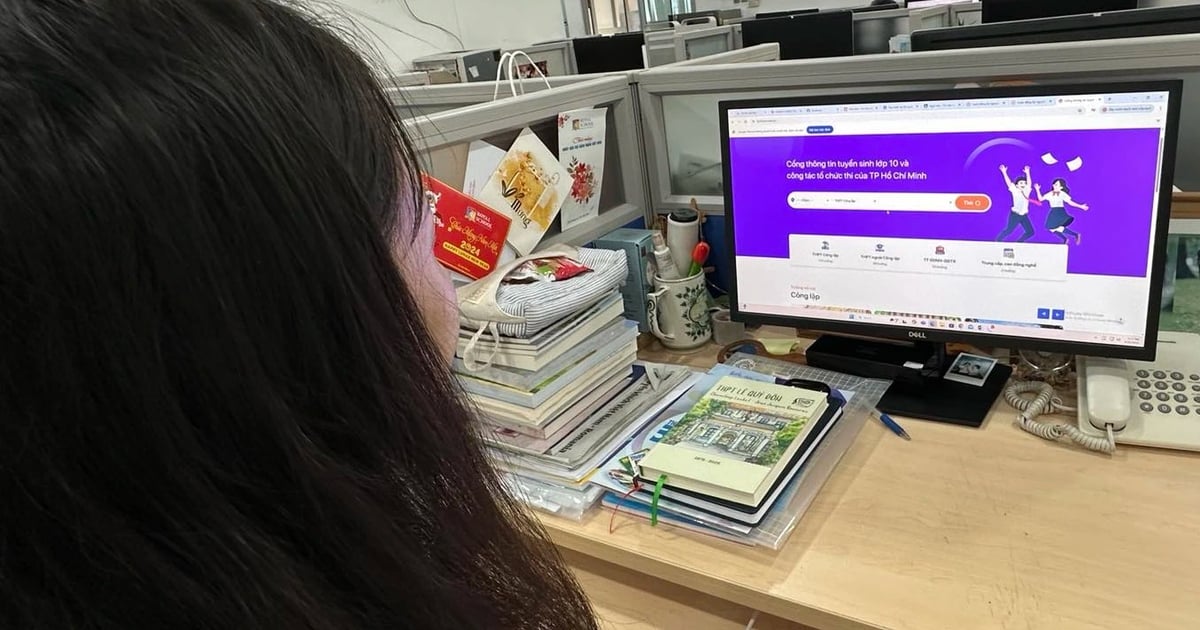
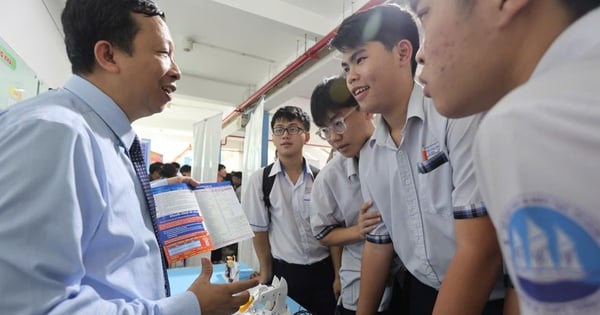
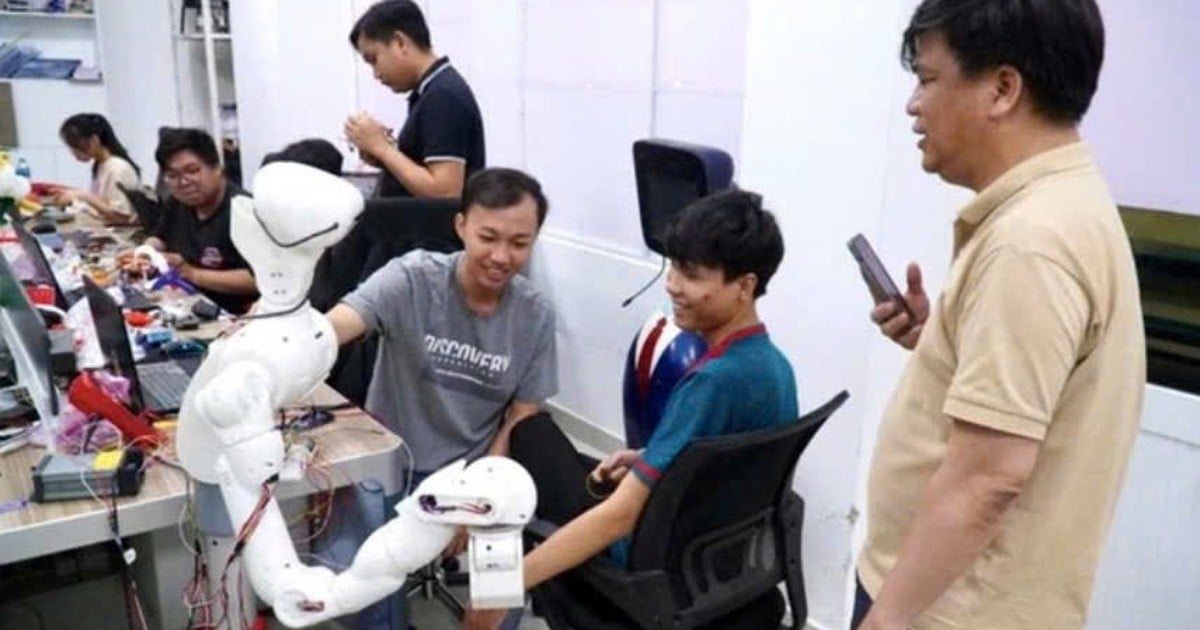

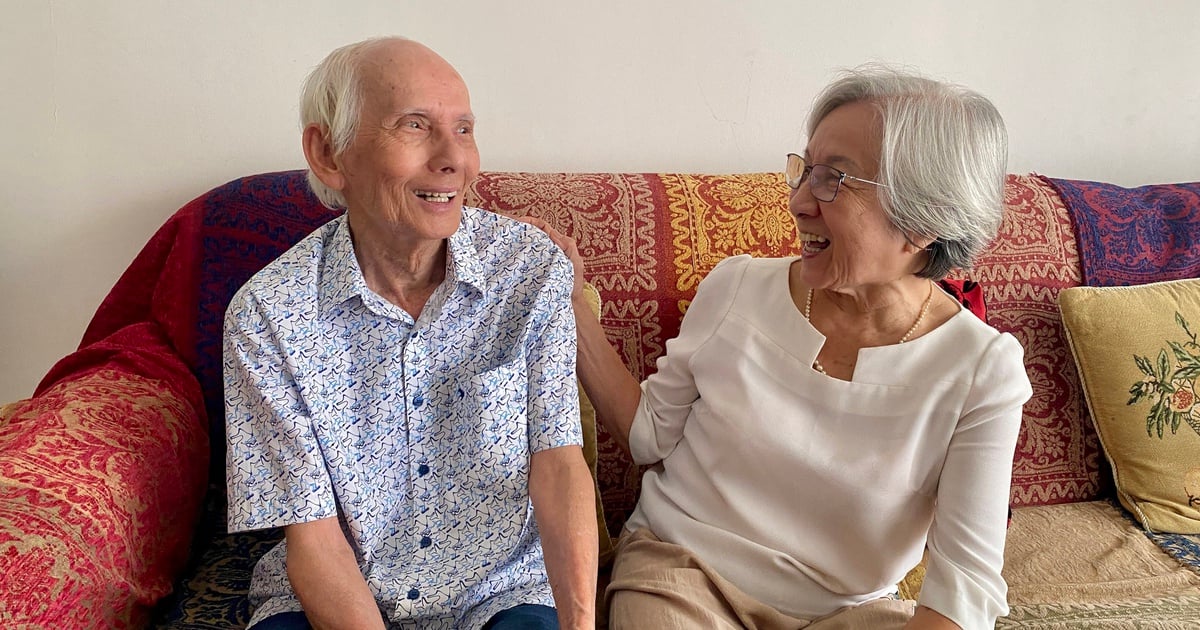
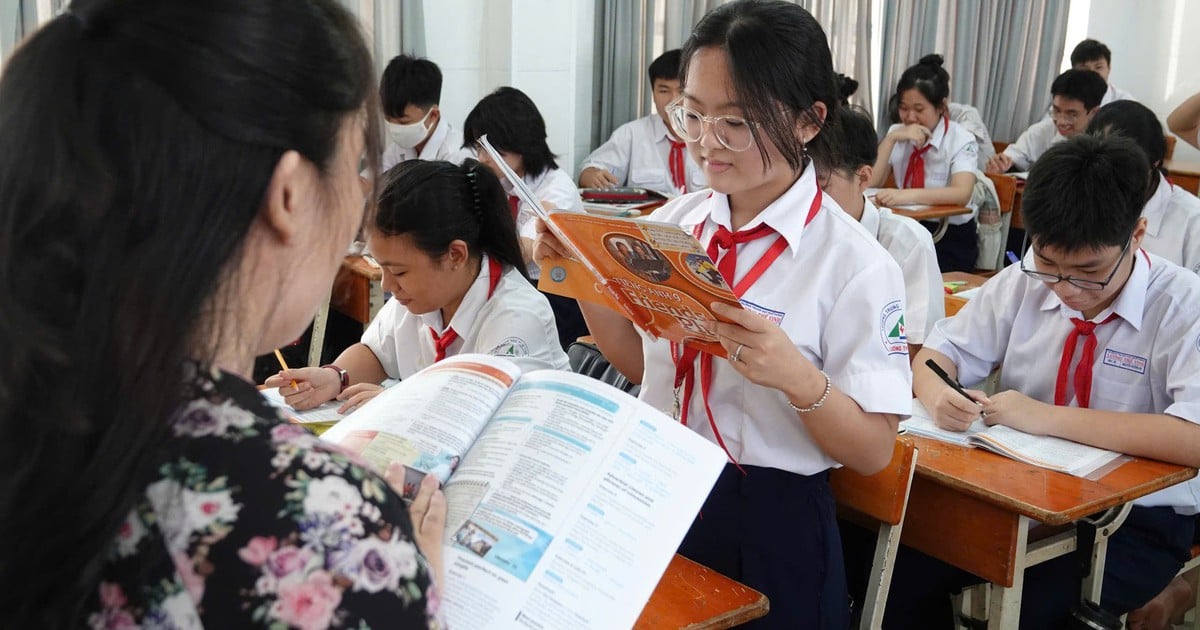


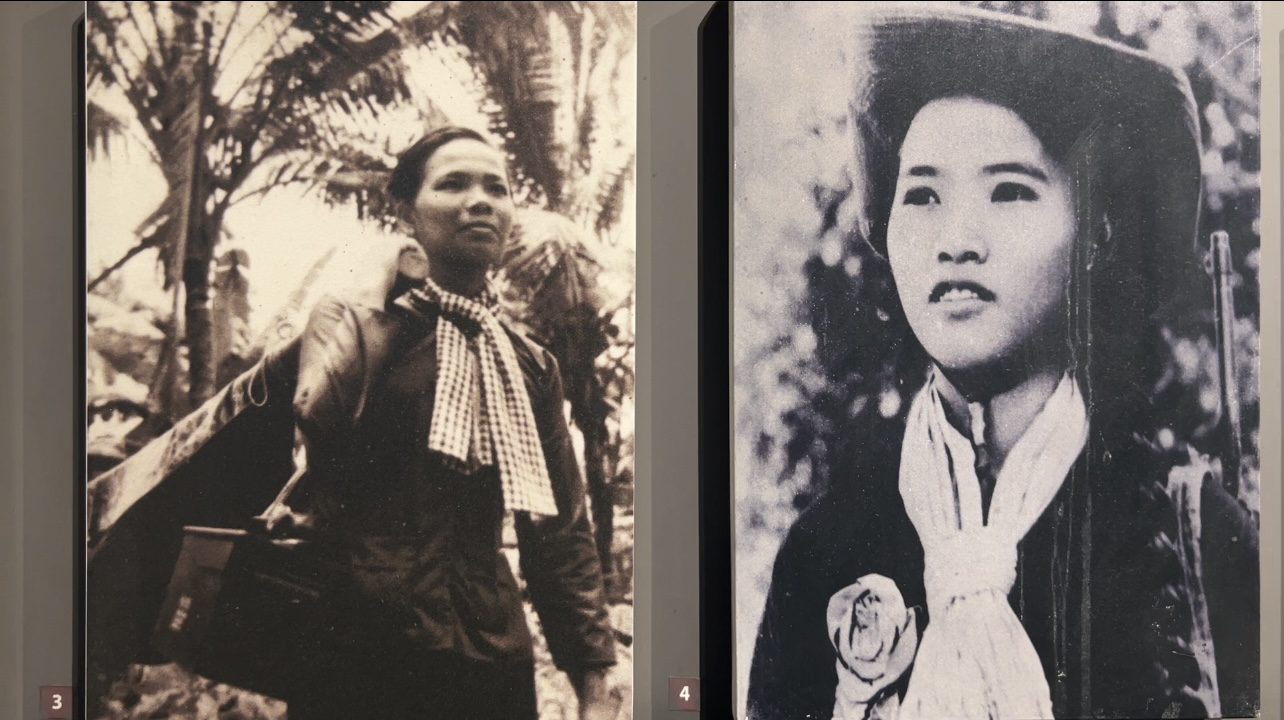




















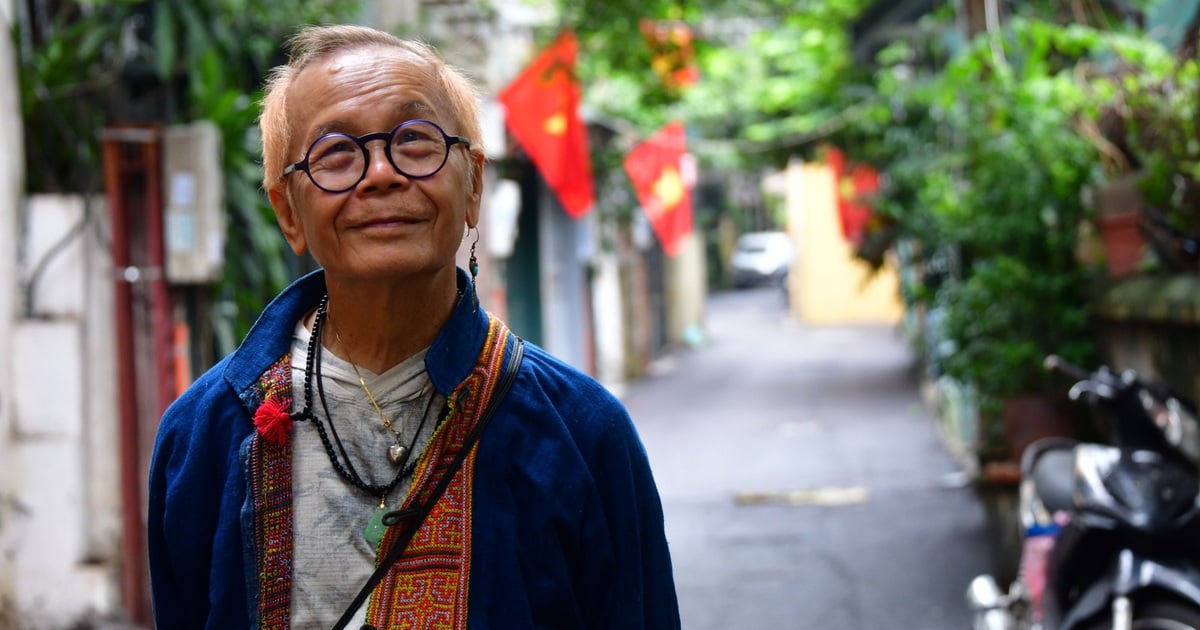





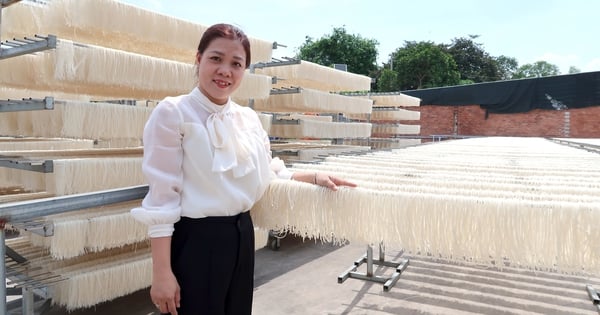
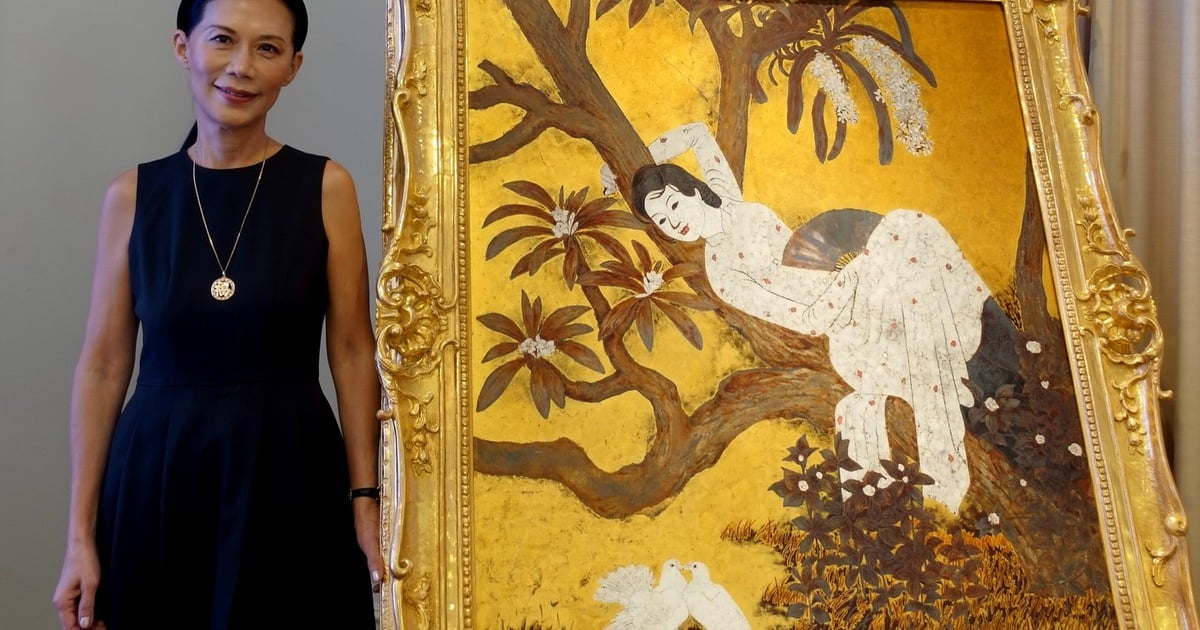










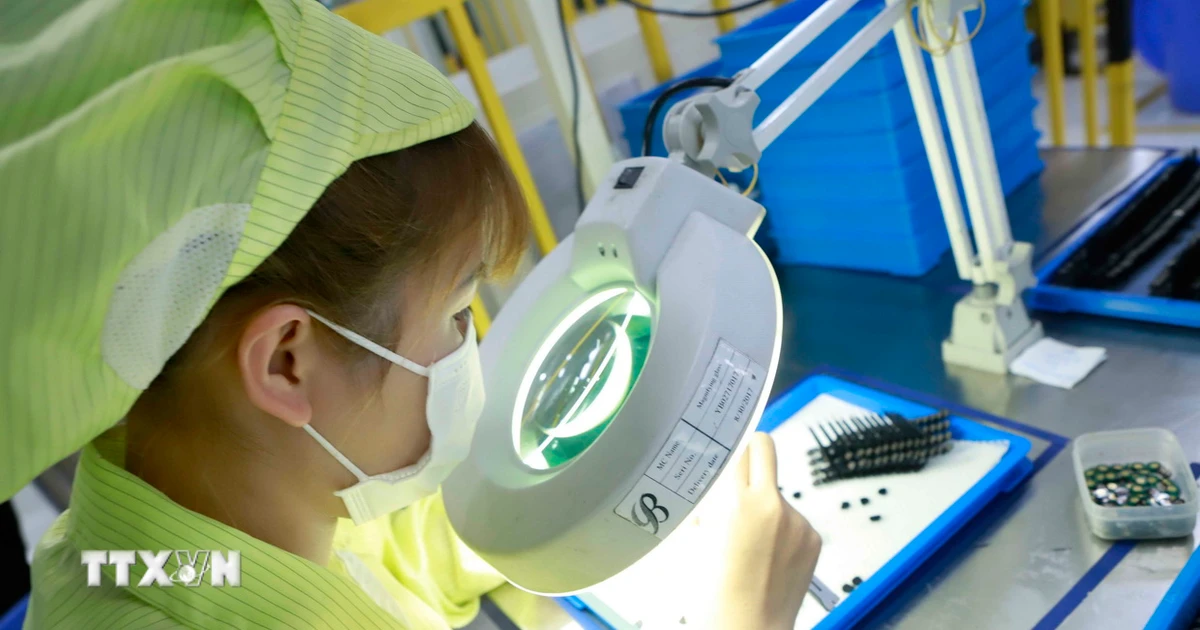


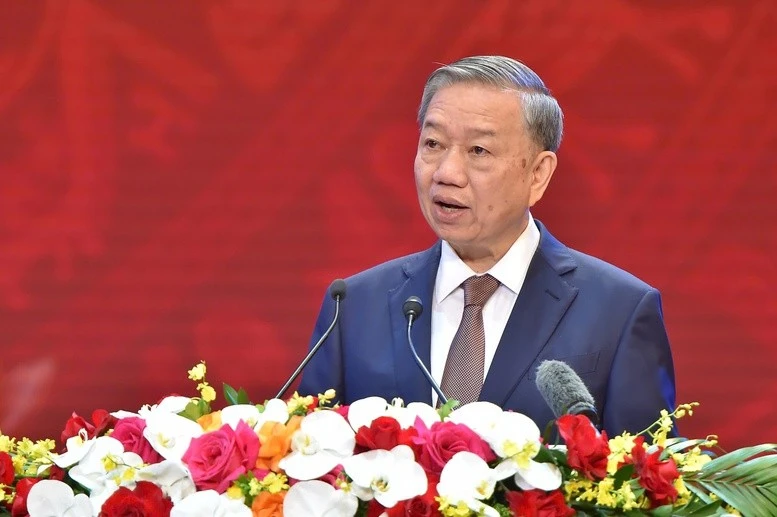














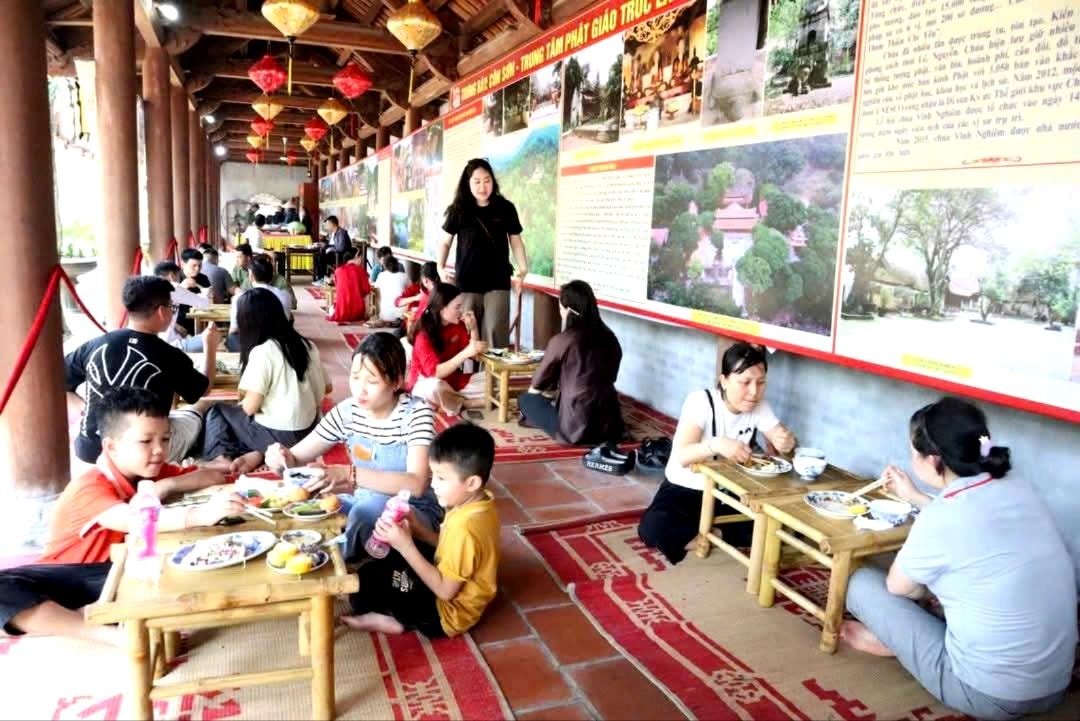

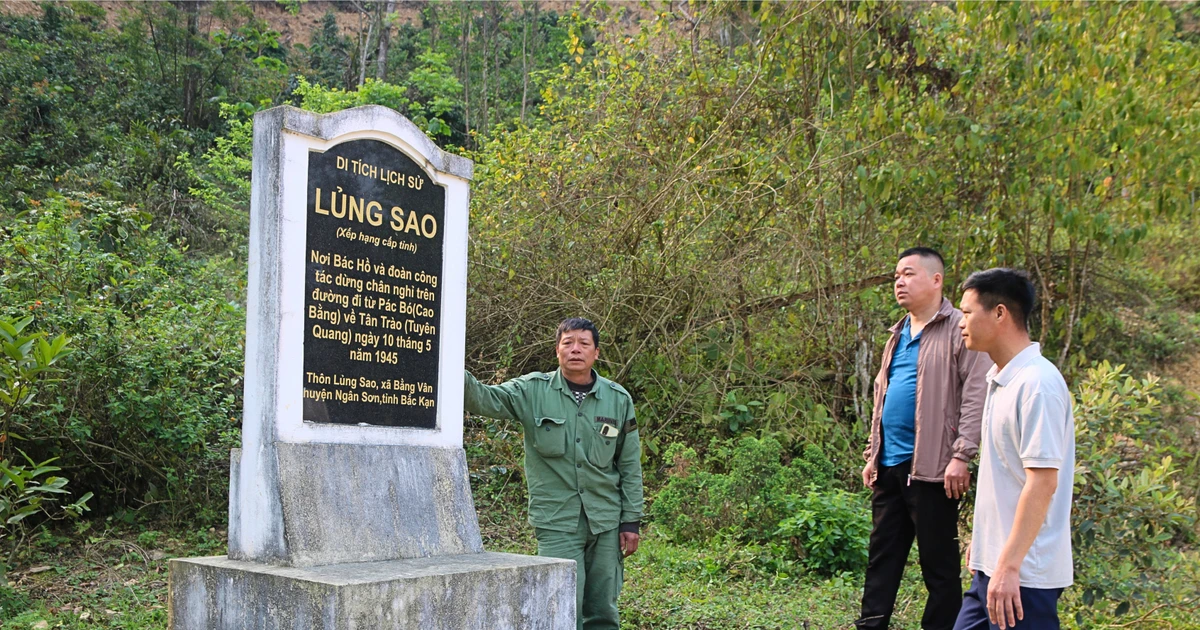














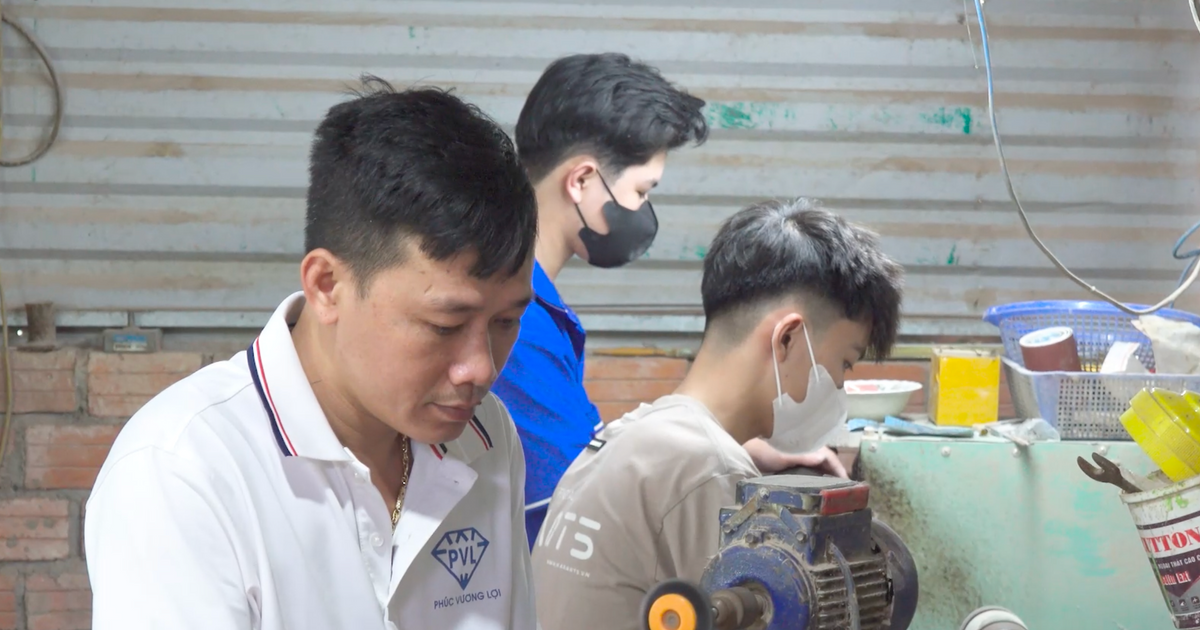

Comment (0)